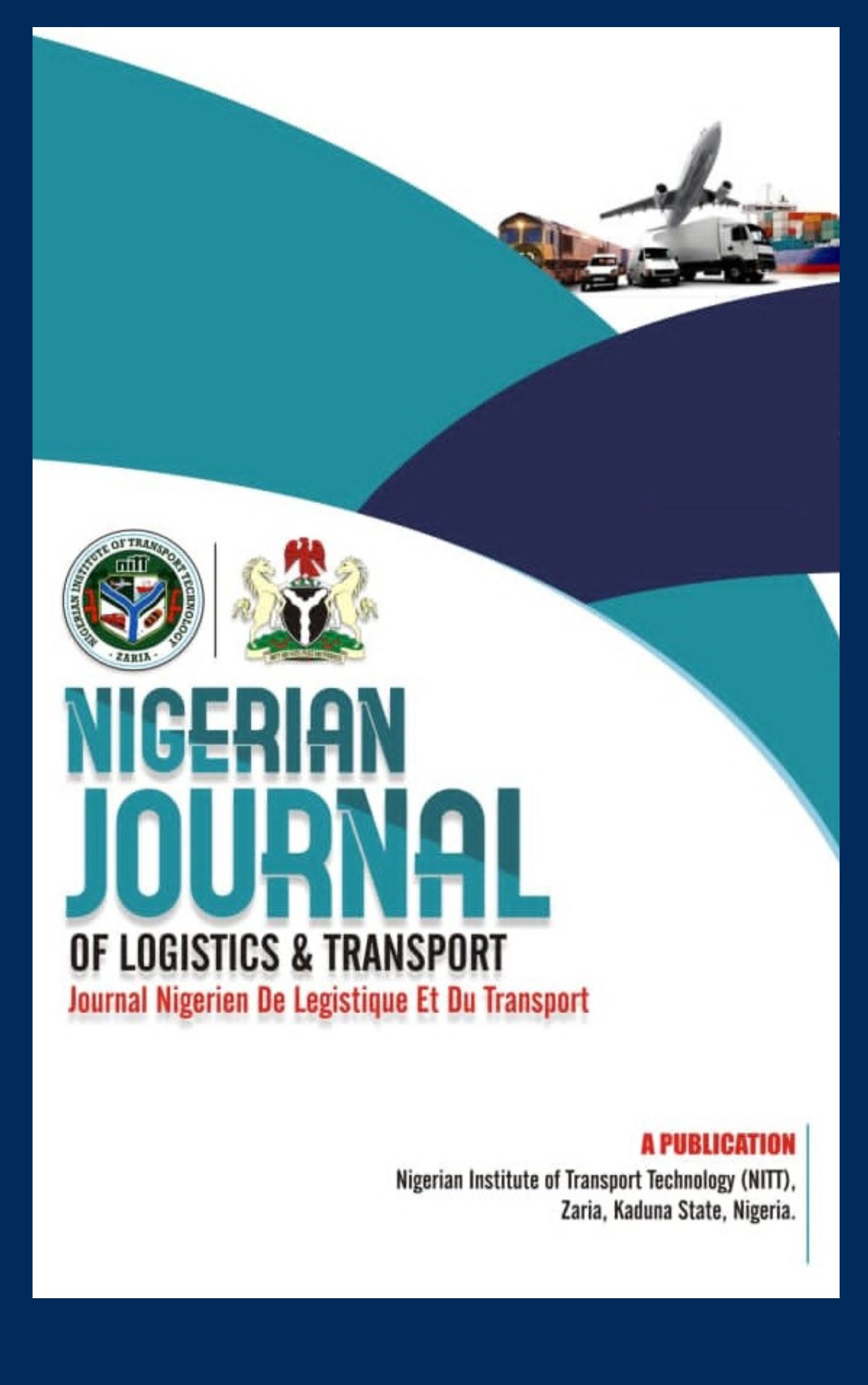Abstract
This paper analysed Carbon Dioxide (CO2) emissions from taxis, private cars and tricycles in
Damaturu, Yobe State, Nigeria, to assess their impact on urban mobility and sustainability.
The objective is to develop road-based vehicular emissions estimation regression models.
Using classified manual counting and mixed method research design, the research quantified
emissions by employing the middle approach. The outcome reveals that the largest CO2
emitters are private cars, especially during peak hours on Potiskum and Gujba Roads. Taxis
appear to be a potential alternative for private vehicles since, despite their lower overall
emissions, they are concentrat0ed more on some routes. Tricycles produce moderate amounts
of CO2, with Gashua and Potiskum Roads seeing the biggest emissions in the evening. The
study advocates for schemes to lower tricycle emissions, like switching to electric or energy-
efficient tricycles.). The regression models developed for emissions estimation demonstrated a
strong accuracy (R²: 0.89-0.98). To improve the city’s CO2 emission level, the paper
recommends encouraging eco-friendly transit options and discouraging the use of private
vehicles. The use of portable emission measurements over the middle approach should be
considered in future studies



 National Library of Nigeria
National Library of Nigeria.jpg) Association of Nigerian Authors
Association of Nigerian Authors Nigerian Library Association
Nigerian Library Association EagleScan
EagleScan Crossref
Crossref